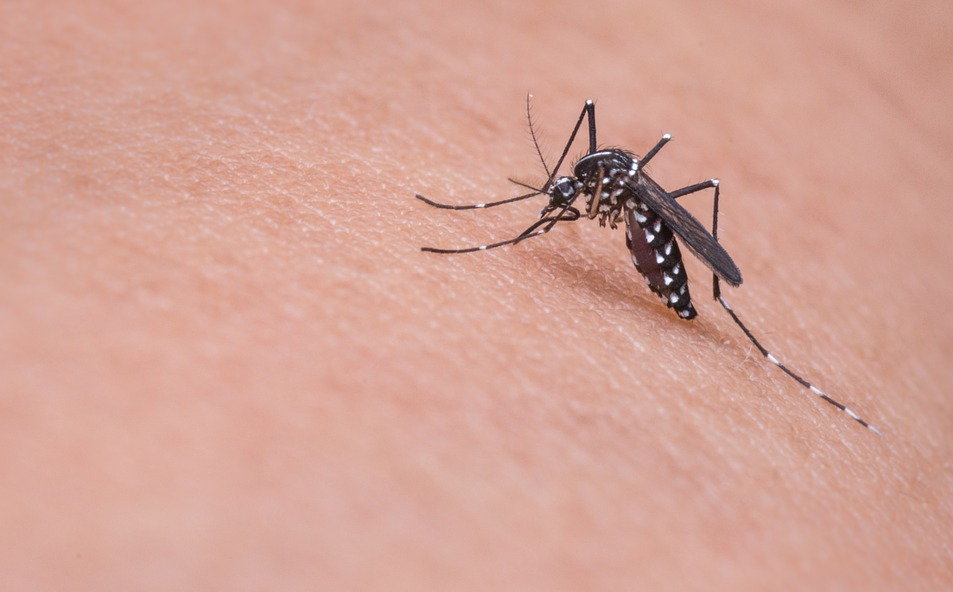Pesticides sprayed on U.S. cities to fight Zika found to harm motor coordination and neuromuscular systems in children
08/19/2017 / By Russel Davis

Naled, a pesticide commonly used in Florida to ward off Zika-carrying mosquitoes, was associated with motor function deficits in Chinese babies, according to a study published in Environment International.
As part of the study, a team of researchers at the University of Michigan’s School of Public Health and the U-M Center for Human Growth and Development examined umbilical cord blood samples from about 240 mothers between 2008 and 2011. The research team then followed the development of the babies using the Peabody Developmental Motor Skill Assessment at six weeks and nine months.
The experts found that in-vitro exposure to the pesticide naled was tied to a three to four percent decline in fine motor skills, which indicate small movements of hands, fingers, face, mouth and feet, at nine months for babies who belonged in the upper percentile compared with those who had lower exposure levels. The research team also found that the chemical appeared to have a more detrimental effect on girls compared with boys.
“Just because changes are small, that doesn’t mean they should be discounted. We really need to know more about it… Zika is a huge concern [and it is important] to always make sure there’s a focus on integrated pest management and not to just jump straight to spraying a chemical,” lead author Monica Silver told the Miami Herald.
“Zika is a very serious public health threat. This information helps to highlight that the way we go about combating Zika and other vector-borne diseases needs to be thought out more completely in order to minimize other unintended consequences. For example, a focus on a more holistic integrated pest management approach may allow for the same or even improved effectiveness in reducing disease while using smaller amounts of these potentially harmful chemicals,” senior author John Meeker said in a university release.
U.S.-based naled manufacturer puzzled over recent findings
In response to the recent findings, a spokesman for Amvac, the U.S. manufacturer of the pesticide, noted that the company has no recorded transactions of selling naled in China. The spokesperson said the company was baffled by the result and stressed that the federal government has approved the pesticide for mosquito control for fifty years.
“We do not sell naled into China and have no idea how it may have been used or how much is applied. We cannot verify the validity of the China study, knowing nothing about the source of the product or how the population was selected. We recommend a measured, science-based reaction to the study, and look forward to its broader evaluation and peer review,” spokesman Brian Maddox said.
Naled has been used in several U.S. states since the 1960s. The pesticide is a form of organophosphate, a class of chemicals that houses other nerve agents such as sarin gas. The compound works by inhibiting an enzyme that facilitates the nerve signaling process. This, in turn, paralyzes insects and triggers respiratory failure. According to experts, the chemicals may adversely affect human health through other mechanisms at lower exposure levels. (Related: Zika insecticide being sprayed in Miami causes paralysis, cancer and death.)
Sources include:
Tagged Under: Chemical exposure, Florida, insecticide, naled, neurological damage, pesticide, toxic chemicals, Zika




















